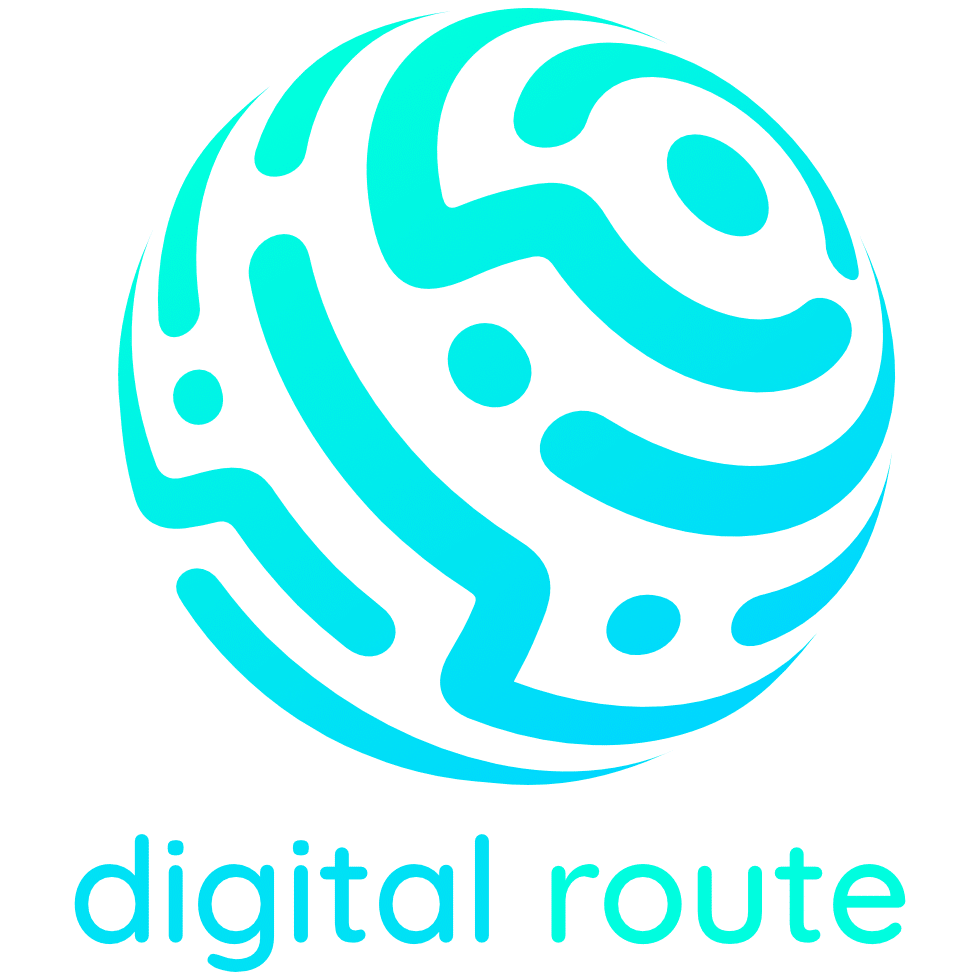- Homepage
- SEO
Search Engine Optimisation
Overview Service
What is Search Engine Optimisation?
There’s a long checklist of things to do to make your website fully optimised, which you can find below.
The benefit of a fully optimised website is increased organic web traffic, which equals more leads or potential customers and more revenue. The downside is that it can be quite a lengthy process, so it’s not a fast return on investment.
SEO plays just one important part in your overall digital marketing strategy but can offer long-term payoffs. Depending on your overall business and marketing goals, it can also be used alongside social media marketing and Google Ads for more consistent results.
What are the main points of Search Engine Optimisation?
There’s a long checklist of equally important points that need to be ticked for SEO to be truly effective. Without boring you with reams of data, here are the main factors:
Key Words
Reoccurring words that people might search to find your business, service or product, scattered throughout the text on your site and embedded within the Meta Descriptions.
Content
To achieve search engine optimisation, websites need enough good-quality text on each page, including information about your product or service and how clients and customers should contact you.
Meta Tags
Accurate title tags, image tags and product tags will all help Google and Bing’s algorithms better understand what your website is about and what you have to offer.
Meta Descriptions
These are the little bits of descriptive text that appear under a website title on search results that tell search engines what each page is about.
User Experience
How users feel when using a site and if it’s easy for them to find what they’re looking for. This includes the design, the interface and general usability.
Social Media Activity
If people are accessing a site through social media or sharing it on social platforms.
Responsiveness
Whether a site restructures to fit the screen of a user and if it’s easy to use on other devices like mobiles and tablets.
Page Speed
How fast a website loads, including on mobiles and tablets. If it’s slow, it’ll cause the user to have a bad experience and search engines won’t rank it highly!


As you can see, some of these points relate to the way a website is built and social media activity. This is why it’s important to have a professional, strong website and a unified digital presence including a consistent brand identity!
How long does it take?
It can take a good amount of time to see significant results, but SEO can provide long-term payoffs. The amount of time it will take can also depend on your industry, catchment area and how many of the SEO boxes we can tick.
SEO is an ongoing strategy as Google will be constantly monitoring what people do when they land on your site, including how long they spend on each page and what they click. Digital Route can help review this analytical data, however, and work to ensure your website’s SEO is fully compliant.
For more information on Digital Route’s SEO support, click below to get in touch with a helpful member of our team!


